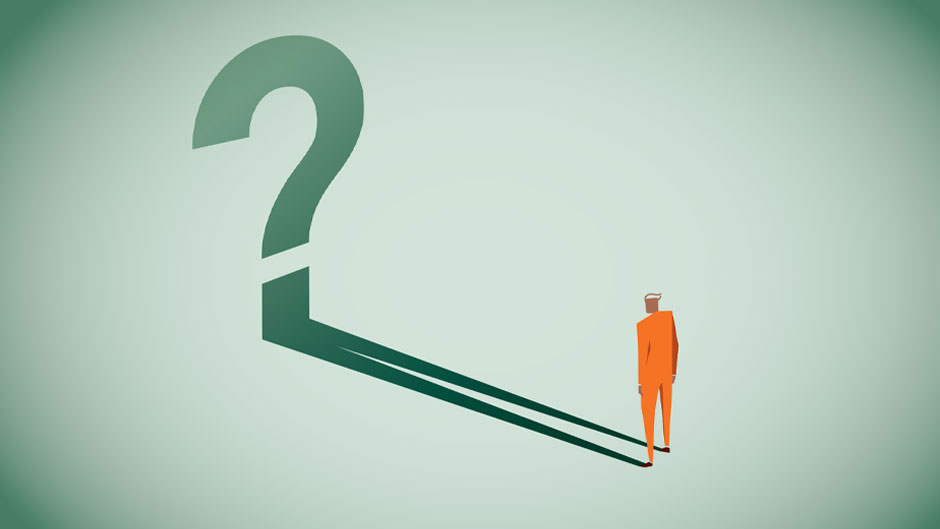Uncertainty is a constant in our lives.
Plan on a picnic. It might rain.
Ready for a trip and your car may get a flat tire or your reservations get lost.
Yet the uncertainty many feel during this pandemic seems to feel different. It seems more permanent.
“Humans like to feel like they are in control,” said Jill Ehrenreich-May, professor of psychology in the University of Miami College of Arts and Sciences. “We work hard to feel in control—what we do for a living, how we run our families, and how we engage in social interactions.”
COVID-19 has thrown off most vestiges of control, she said.
“During COVID-19, that illusion of control has been taken away from us because we actually do not have the same freedoms and ability to enact those freedoms,” said Ehrenreich-May.
Restrictions—such as not being able to go to restaurants, bars, gyms, and the movies, or to visit relatives in nursing homes or hospitals—disrupt the human psyche. Our lack of activity and routines during this pandemic may lead to increased depression and anxiety, she said. Uncertainty may worsen these conditions, because there is no timeline for the pandemic to end and for us to resume our pre-pandemic routines.
A recent study published in the American Medical Association’s journal JAMA Network Open determined that nearly a quarter of people in the United States are experiencing symptoms of depression. These numbers are three times higher than before the pandemic, the study found.
But there are ways we can help ourselves, said Ehrenreich-May, and these involve focusing on what we can control.
For example, students may not be able to physically attend all classes, yet they can control how much they study and prepare for those classes, she pointed out. Also, mindfulness activities can help to keep us focused on remaining in the moment and learning to sit in the discomfort instead of jumping to maladaptive behavior such as drinking or overeating, she added.
Uncertainty can also offer unforeseen opportunities.
Alex Horenstein, assistant professor in economics at the University of Miami Patti and Allan Herbert Business School, focuses his research on financial and behavioral economics. He studies uncertain shocks that may affect the market and develops methods to mitigate those shocks in clients’ portfolios.
“Most decisions involve some level of uncertainty,” he said. “The uncertainty itself is not what is generating high levels of anxiety right now, but its magnitude. It is the difficulty in being able to forecast what is going to happen. One thing is when a shock is transitory. Another thing is when there is a pandemic and you don’t know if there will be a vaccine in a month, two months, or never.”
His work has taught him that the best course to follow when there is uncertainty is to be conservative and not to panic. He mentioned those investors who back in March (at the beginning of the pandemic in the U.S.) decided not to invest in the stock market for fear that it would fall or even crash.
“That was not a good decision because the stock market has had an incredible rally since then,” Horenstein said. “Historically, it has been a bad decision to sell after a drop in the stock market, because the U.S. economy sooner—rather than later—goes back to the growing path.”
He also noted that humans tend to be averse to risk.
“We suffer more from losing than the happiness we obtain from winning,” he said. And a period of uncertainty—such as the one we are living in—can also lead many to visualize the worst-case scenario. Thinking in a negative way can cause paralysis, Horenstein explained.
According to Ehrenreich-May, it is understandable that many will feel negatively and focus on the worst-case scenario. But, she pointed out, there are many resources to help.
She suggested an app, like Headspace, that provides mindfulness and meditation exercises for stress, anxiety, and other mental health issues.
For students, the app WellTrack, which can be accessed through the Counseling Center website, also offers useful exercises to deal with stress.
For those who may need more, she suggested books on cognitive behavior techniques, as well as seeking counseling.

